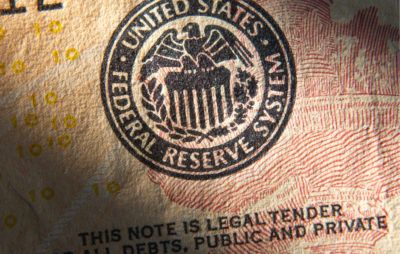The Federal Reserve Dissenters
The Federal Reserve’s near-zero interest rate policy has come in for a lot of criticism of late. Savers young and old are angry about paltry returns. Free-market advocates complain about the distorting effect low rates have on capital allocation. And small-government types worry that the central bank is enabling an unprecedented explosion in government spending.
Fed critics should at least be happy to know that when interest rate decisions are being made there are articulate dissenters in the room. One of them, Dallas Fed President Richard Fisher, stopped by the Journal’s offices Tuesday and was frank in his criticism of Ben Bernanke’s policies.
He said both academic research and his own surveys of businessmen show little evidence that low rates will do anything to spur real growth over the near term. What’s holding the economy back is uncertainty over policy issues like tax rates. “What we’re accommodating [with low interest rates] is fiscal malfeasance [on the part of Congress and the president] and at some point it has to stop.”
Mr. Fisher pointed out that policy uncertainty hurts most the least well off. “The more complex you make things the more you provide an advantage to the rich and powerful” who can game and influence the system.
And he pleaded for an end to the Fed’s so-called “dual mandate”—under law it is supposed to have responsibility for both price stability and promoting economic growth. He said growth would actually be promoted if the Fed were like “every other central bank” and responsible for price stability only.
As an unelected body with enormous influence over the economy and the value of Americans’ savings, the Fed is coming under increasing public scrutiny and deservedly so. GOP presidential candidate Mitt Romney has pledged not to re-appointed Chairman Ben Bernanke if he wins. Richard Fisher and his allies at the Fed are a fine talent pool from which a new sound-money chairman might be drawn.
By Robert L. Pollock











